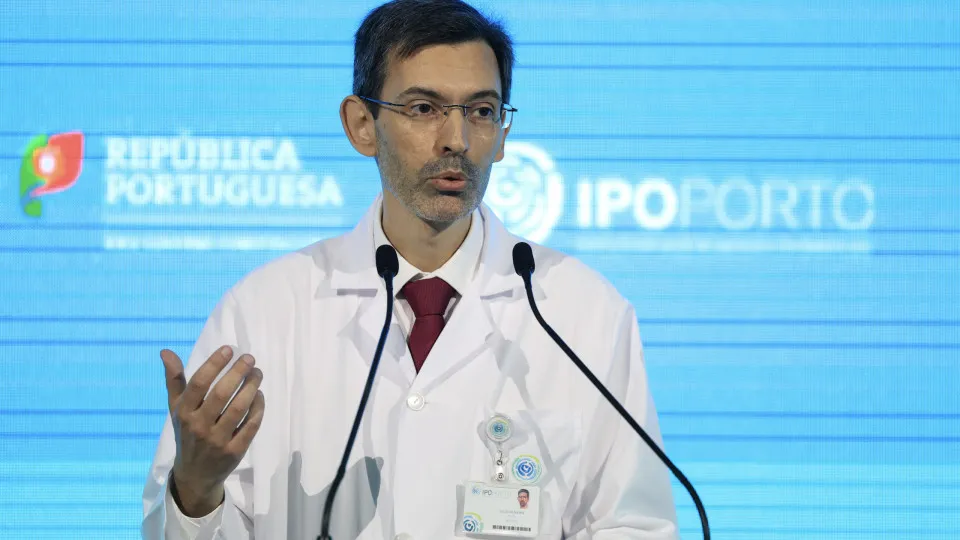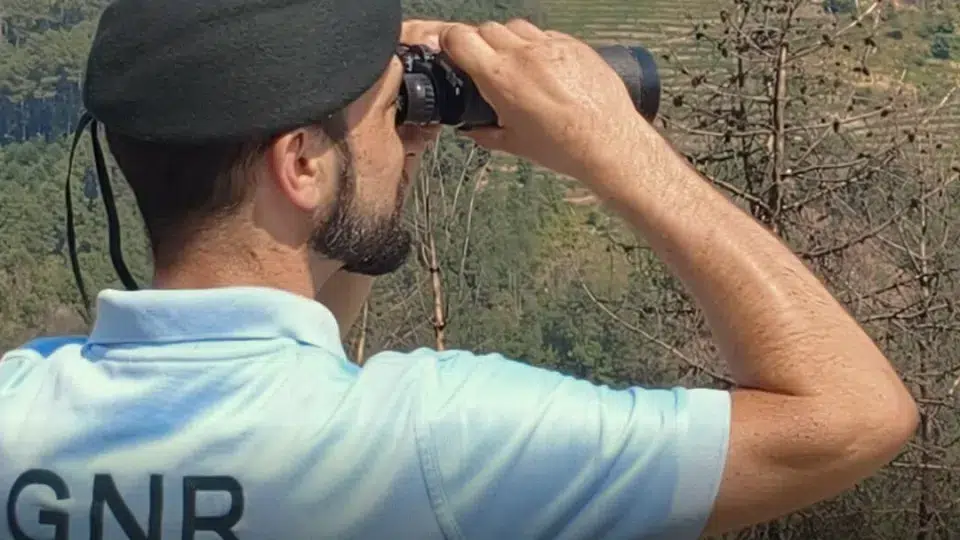
“Cancer knows no postal code. This is one of the great values of the National Health Service: to ensure democratic access to the most differentiated care. But it’s not enough just to put money into the system for it to work. It is absolutely essential to place a lot of energy and attention on the organization of the system,” said Júlio Oliveira.
Speaking to the agency Lusa concerning the creation of the Comprehensive Cancer Infrastructure of Northern Portugal, which is formalized today, the president of the Porto Institute of Oncology (IPO) emphasized that “citizens cannot be limited in accessing the most differentiated health care depending on where they live or their social condition.”
The collaborative agreement for this project will be signed by the Porto IPO, the Alto Ave Local Health Unit (ULS), Braga ULS, Gaia/Espinho ULS, the Portuguese League Against Cancer (LPCC), and the Institute for Research and Innovation in Health (i3S).
The ceremony is scheduled for 16:00 and will also gather representatives from the Executive Board of the NHS, the Northern Regional Coordination and Development Commission (CCDR-N), the National Oncological Diseases Program of the Directorate-General of Health (DGS), Infarmed, and the Agency for Clinical Research and Biomedical Innovation (AICIB).
The Comprehensive Cancer Infrastructure of Northern Portugal aims to be a collaborative network between institutions to promote “a more coordinated journey for cancer patients, equitable access to excellent care, cost reduction, and advances in clinical research and therapeutic innovation,” as well as “improvement in oncology care,” with an expected “potential impact on the social and economic development of the region,” according to the description sent to Lusa.
“Fighting cancer today involves teamwork. Cancer can no longer be treated within the walls of a single hospital. It is essential that healthcare institutions caring for patients, institutions researching oncology, patient organizations, and academia come together and collaborate,” added Júlio Oliveira.
This pilot project, which originates from another European-wide project, will focus specifically on precision medicine.
In the near future, it may focus on types of cancer such as lung or colorectal, but currently, Júlio Oliveira explained, the focus is on “developing an ecosystem that enhances patients’ access to genomic sequencing technologies that allow for better characterization of tumors.”
“Whether adults or children suffering from cancer, the idea is to offer the best treatment options, the most personalized, the most adapted to the characteristics of the tumor,” he described.
Emphasizing that this project aligns with the strategy of the National Health Service and recalling that the European Commission has defined oncology as a strategic area, the president of the Porto IPO aimed for “coordination among peers, among health professionals, among directors of health institutions, so that patients can flow through the health system more swiftly.”
“Regardless of a patient’s or citizen’s entry point with suspected or confirmed cancer in the health system, regardless of their geographic location, they must have access to the best care standards and the latest innovations. This must be guaranteed,” he stated.
Júlio Oliveira believes that this vision “will help reduce costs, decrease redundancies, increase the speed at which patients are diagnosed and treated, and enhance access to therapeutic innovation, not only through clinical trials but also through therapeutic innovation resulting from various investments from different structures.”
“This is a way to identify the weaknesses but also the strengths of the network,” he summarized, highlighting that it is a disease that involves great vulnerability.




